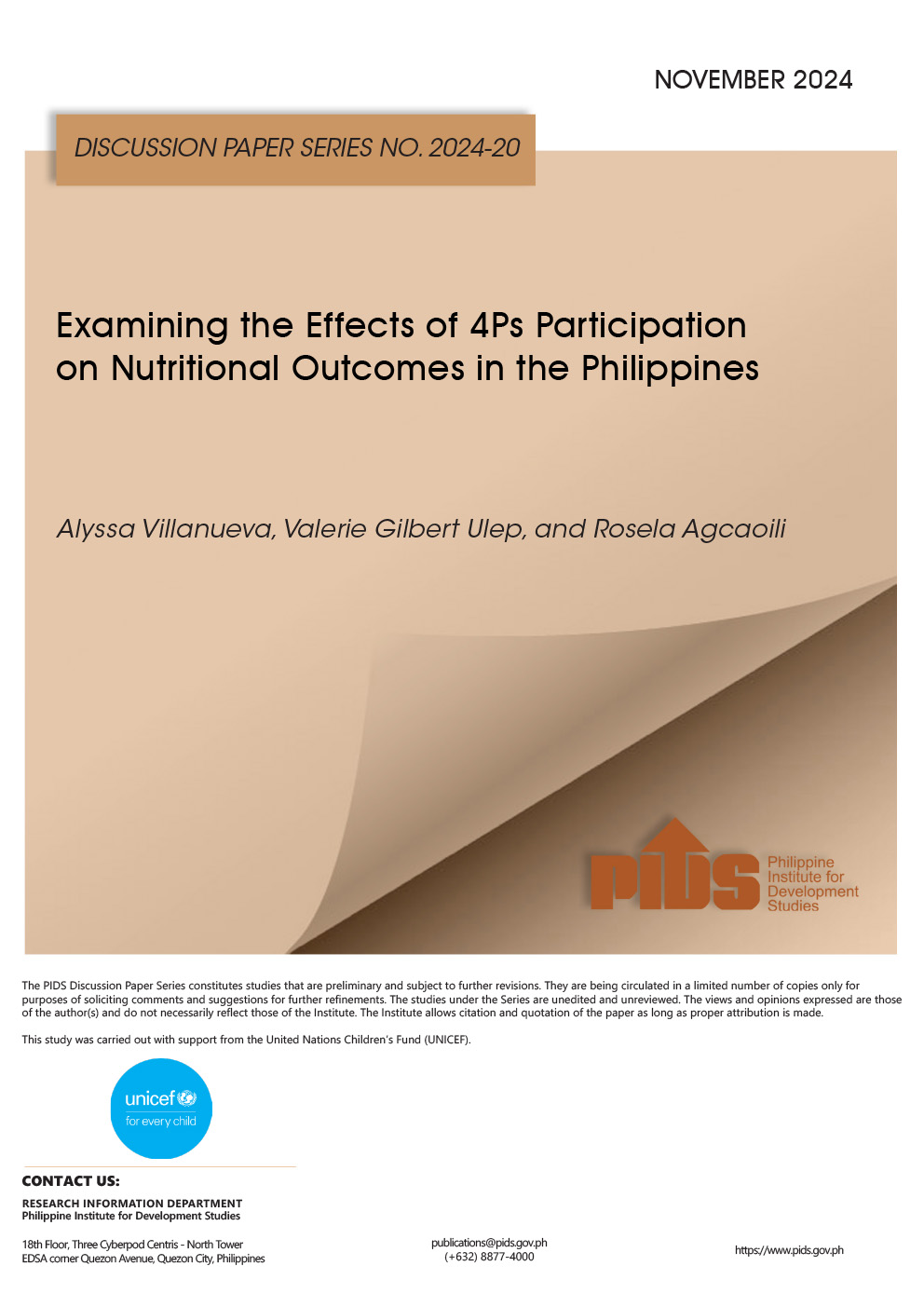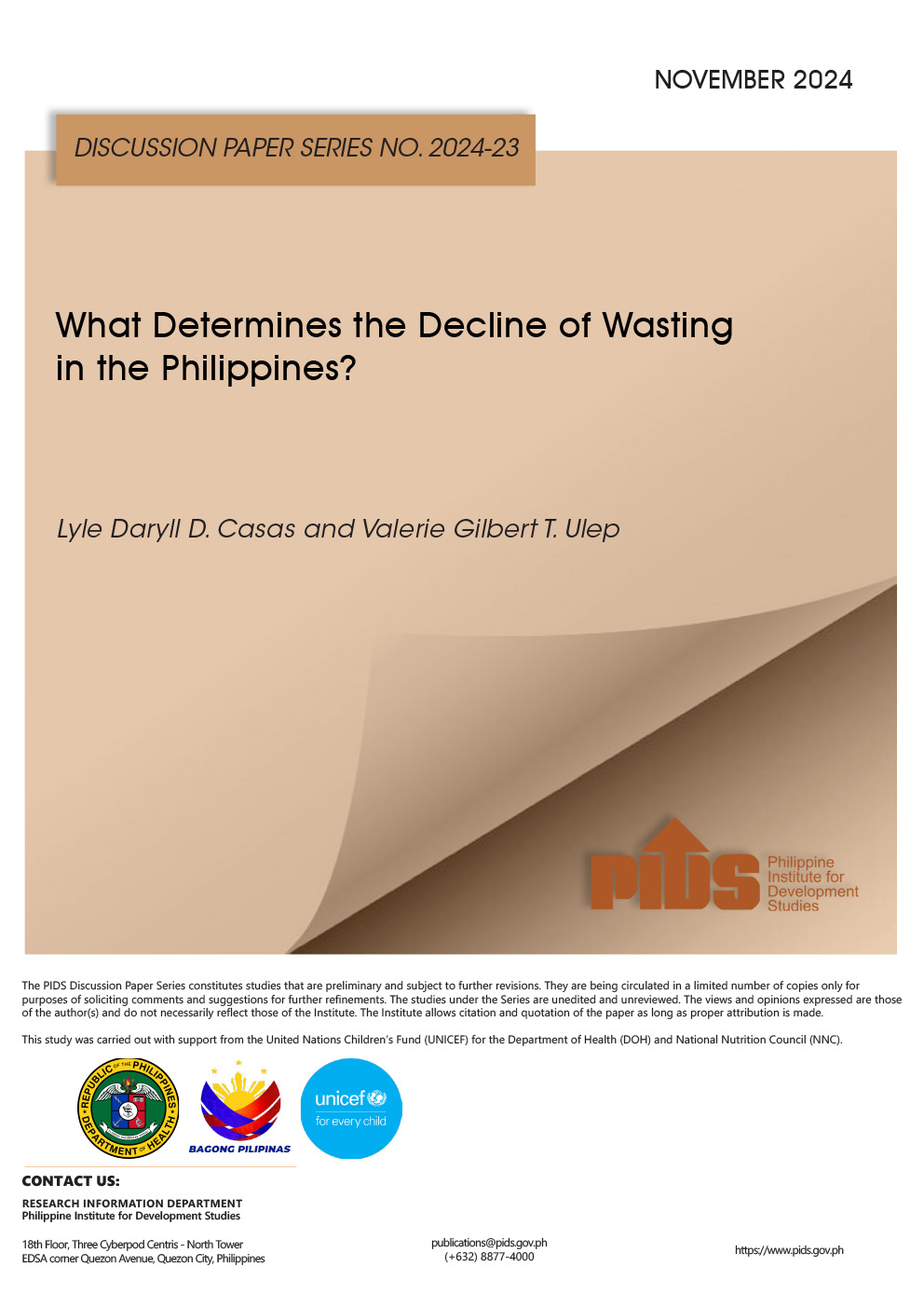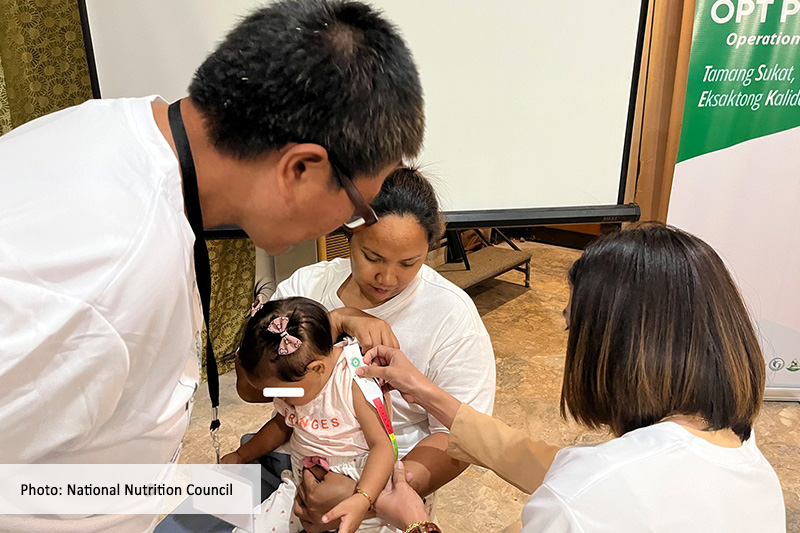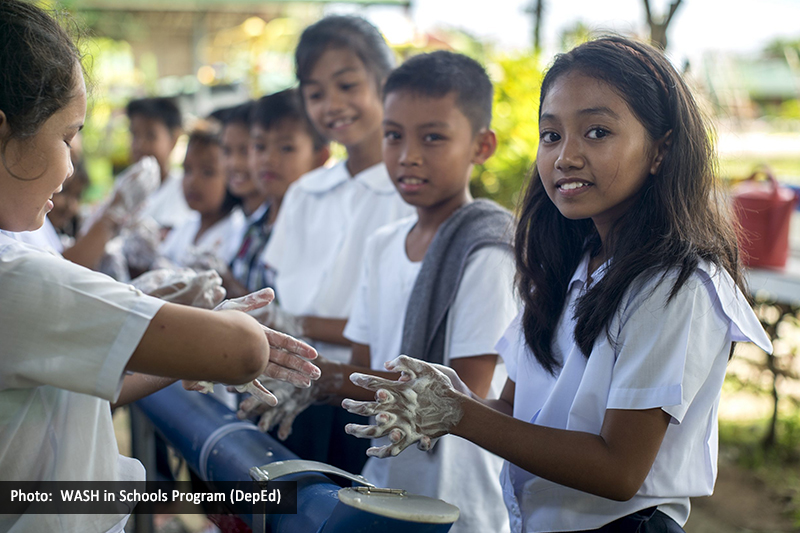Some 6.4 million who have availed themselves of the government’s health-insurance subsidy for indigents are not at all that poor, according to the findings of a study released by the Philippine Institute for Development Studies (PIDS).
In a policy note, PIDS consultant Michael R. Cabalfin said that with a P2,400 subsidy per member since 2014, this translates to P15.36 billion in leakages or about 41 percent of the subsidy.
;Clearly, leakages of the PhilHealth [Philippine Health Insurance Corp.] premium subsidy for the poor to the nonpoor had increased from P550 million in 2011 to over P15 billion in 2015,” Cabalfin said.
The National Health Insurance Program (NHIP), which was financed by proceeds from the “sin” taxes, now cover only 15 million Filipinos from only 15,000 in 1997.
The growth, Cabalfin said, was largely due to the use of the National Household Targeting System for Poverty Reduction (NHTS-PR) of the Department of Social Welfare and Development (DSWD)
This, however, has led to the inclusion of more beneficiaries in the NHIP that exceeded the official poverty estimates of the Philippine Statistics Authority (PSA).
The PSA estimated that in 2015, poverty incidence was at 21.6 percent. With a labor force of about 41.2 million, this translates to about 8.9 million poor Filipinos in the labor force.
This makes the indigent PhilHealth members 72 percent more than the poor labor force, which means 6.4 million nonpoor are being subsidized by PhilHealth,” Cabalfin said.
This means the government subsidy leaks to the nonpoor. Notwithstanding the guidelines in the identification of the poor, it seems to be prone to subjectivity in the selection of beneficiaries,” he added.
Cabalfin said most of the leakages may pertain to informal-sector workers who, by the nature of their employment, lack health benefits or medical coverage.
With this, Cabalfin recommended that the government mandate the enrollment of informal-sector members for social health insurance.
This will not include informal-sector workers and other disadvantaged workers in the program and allow them to have medical coverage despite the nature of their employment.
PIDS study uncovers ‘leak’ in govt’s health-subsidy fund












